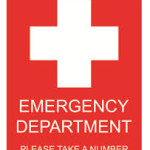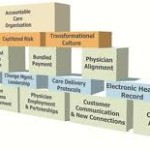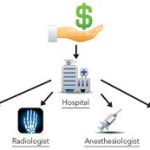
Reducing Overcrowding in Emergency Rooms
Overcrowding in Emergency Rooms (ERs) has been an issue of great concern as of recent years. There are a myriad of reasons why the ERs are overcrowded and ways to overcome. Let’s have a look at them.
Expand Hospital Capacity
By increasing the bed capacity, overcrowding can drastically go down. When there are more beds, more emergency patients can be admitted. When the population of a country grows, then obviously the number of bed capacity should be increased to avoid overcrowding. Many times, hospitals are perpetually full with admitted patients boarded inReducing overcrowding the ERs. Boarding of inpatients in the ERs is unquestionably the leading cause of overcrowding. While this seems like a simple option, there are infrastructure, costs, and the redesign of processes, to name a few, which need to occur in order to successfully add bed capacity.





